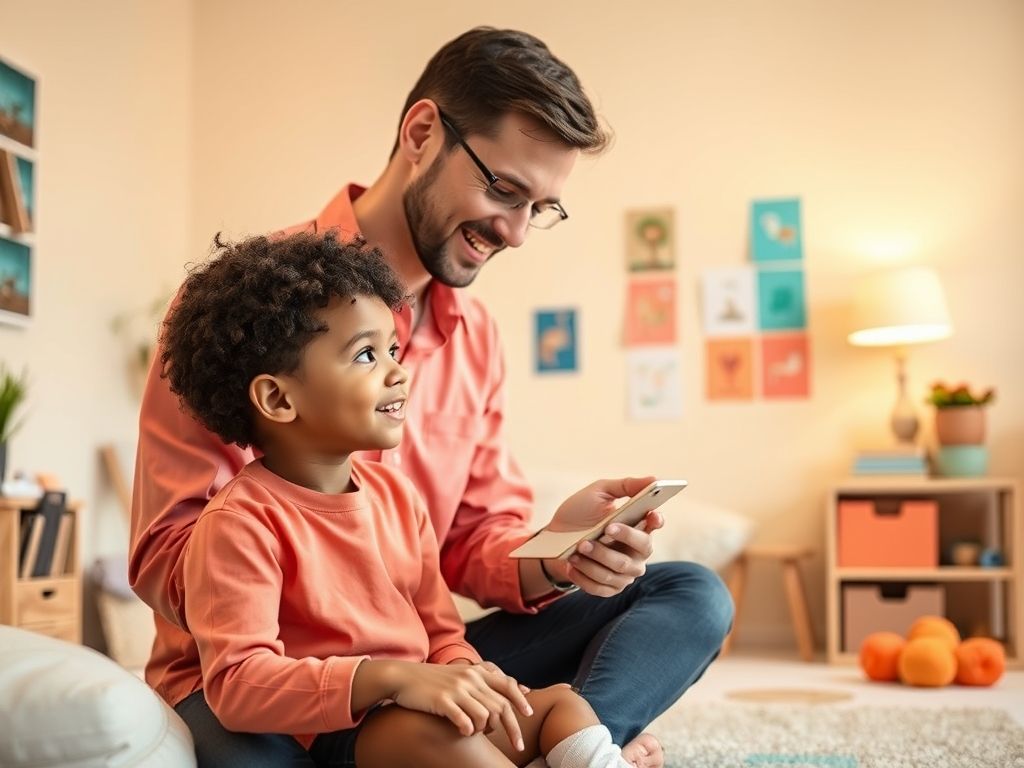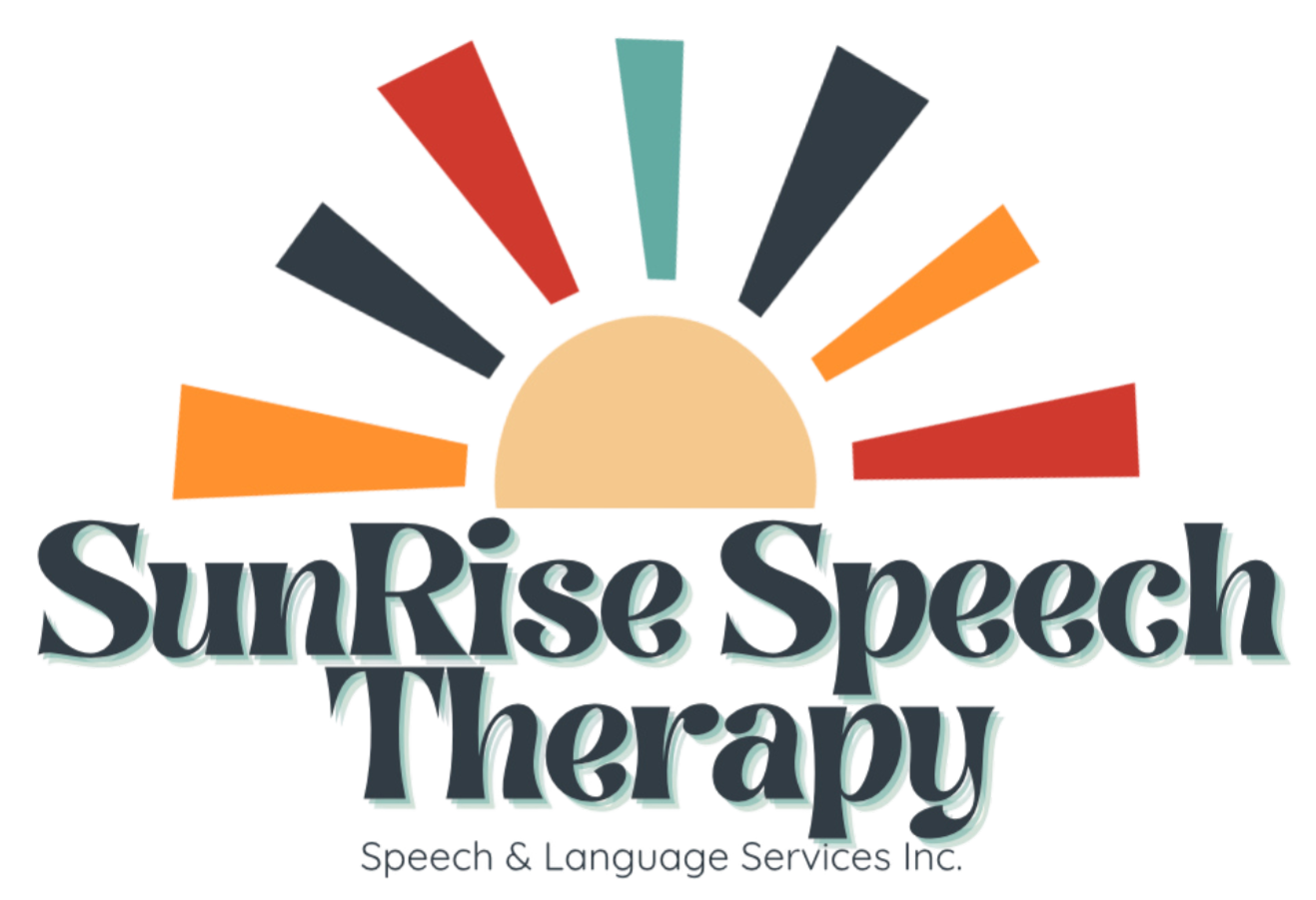Autism Communication Support
Tailored approaches to develop functional communication skills for children with autism spectrum disorders.

Specialized Communication Support for Autism
Communication challenges are a core feature of autism spectrum disorder (ASD), with each child presenting a unique profile of strengths and needs. At SunRise Speech Therapy, we draw on specialized training and experience to develop individualized strategies that meet your child where they are.
Communication Challenges in Autism
Social Communication
Difficulty with conversation skills, understanding nonverbal cues, and social rules of language
Expressive Language
Challenges with vocabulary, sentence structure, or using verbal language at all
Receptive Language
Difficulty understanding language, following directions, or processing verbal information
Echolalia & Scripting
Repeating words or phrases instead of generating novel language
SunRise's Autism Communication Approach
Our approach to autism communication therapy is family-centered, strengths-based, and customized to each child's specific needs. The home environment offers unique advantages for children with autism, allowing therapy to take place in a comfortable, familiar setting where skills can be immediately applied to daily routines.
Visual Supports
Using pictures, visual schedules, and social stories to support communication and build understanding.
Augmentative and Alternative Communication (AAC)
Implementing communication devices or systems when verbal speech is limited, from simple picture boards to speech-generating devices.
Naturalistic Teaching
Following your child's lead and interests to create meaningful communication opportunities in everyday activities.
Sensory-Informed Therapy
Adapting therapy approaches to accommodate sensory sensitivities or seeking behaviors.
Social Communication Training
Explicit teaching of conversation skills, nonverbal communication, and social pragmatics.
Specialized ASD Experience
Our expertise in autism communication includes:
- Advanced training in autism-specific communication interventions
- Experience with AAC systems (PECS, speech devices, sign language)
- Specialized visual support creation for home and school
- Sensory-informed therapy approaches
- Collaboration with ABA teams and other providers
Measuring Success
For children with autism, communication progress is measured in meaningful, functional changes:
- Increased spontaneous communication attempts
- Growth in functional vocabulary
- Improved ability to express needs and wants
- Development of conversation turn-taking
- Enhanced comprehension of social cues
- Reduced communication frustration
- Greater independence in daily routines
Progress is highly individualized. For some children, learning to request a favorite toy is a significant accomplishment, while others may work toward having back-and-forth conversations.
Additional Resources for Families
- Autism Speaks
Comprehensive resource for autism information and support
- Autism Society of America
National organization with local chapters providing support and resources
- Regional Center of Orange County
Local resources and services for developmental disabilities
- FANSI (Spanish Resources)
Spanish-language autism resources and support groups
The Importance of Parent Training
For children with autism, parent involvement is essential for generalizing communication skills across settings and activities. We provide specialized parent coaching as part of every therapy program.
Parents Learn To:
- 1Create communication-rich routines at home
- 2Recognize and respond to communication attempts
- 3Use visual supports effectively at home
- 4Adapt language to their child's understanding level
- 5Structure environments to promote communication
Parent Success Story
—Parent of James, age 4
